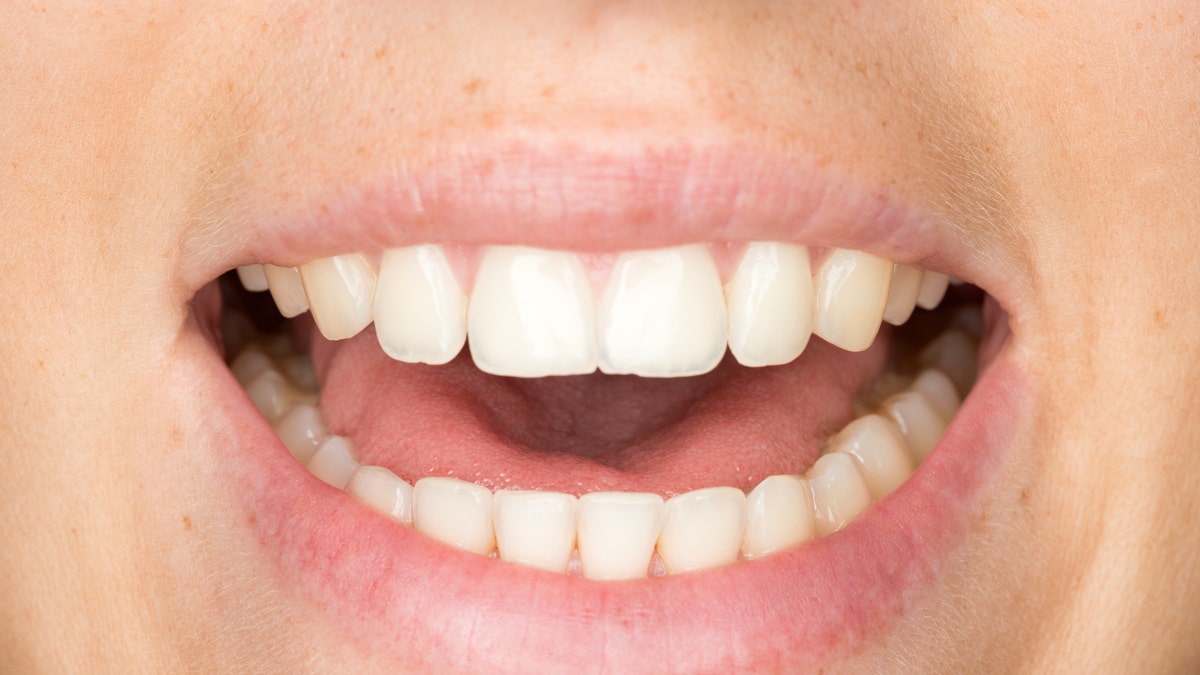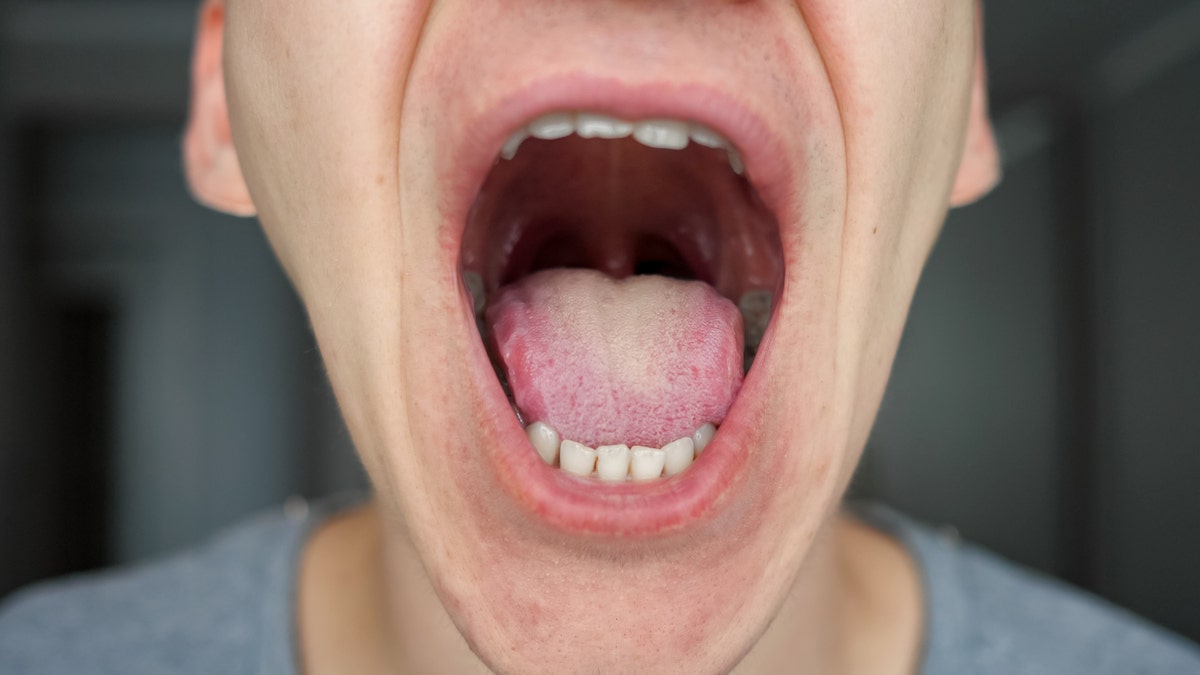FDA approves Pfizer anti-viral pill for COVID
Dr. Nicole Saphier discusses Pfizer’s anti-viral COVID pill.
After the initial phase of Covid-19, some patients are experiencing problems with their voice, health experts told Fox News. These voice issues include hoarseness, quality of voice, and a condition called vocal fatigue, which can have an impact on a person’s quality of life, speech professionals told Fox News.
"If a patient is feeling fatigued after using their voice, they may tend to not want to communicate as often as usual. They may withdraw from social activities as speaking becomes taxing and no longer pleasurable. A patient may not be able to perform their regular duties in their workplace as speaking is too difficult," Catherine Crowley, PhD., CCC-SLP, who is the Chair of the Communication Sciences and Disorders School of Health Professions and Nursing at LIU Post in Brookville, N.Y., told Fox News during an interview.

While the study makes a convincing case that SARS-CoV-2 infects cells in the mouth, some questions remain unanswered. (iStock)
Crowley, who is a speech pathologist and also an assistant Professor at LIU –Post, told Fox News that some patients are presenting with complaints of vocal fatigue and difficulty speaking (dysphonia), following a COVID-19 infection.
According to health experts, vocal fatigue symptoms may include the feeling of a raspy, strained, or breathy quality in a patient’s voice. Some post-COVID patients may also complain of discomfort when speaking and experience a loss of range or pitch and breaks in their voice, speech pathologists explained to Fox News.
Crowley also commented on a recent published report in the Journal of Voice where a group of Italian researchers looked at 160 individuals who were infected with Covid-19. The researchers found that nearly 44 percent of the patients presented with self-evaluated mild to moderate dysphonia following COVID-19 despite not requiring hospitalization. The study also found that nearly 27 percent of those individuals reported vocal fatigue.
COVID-19: KEY STEPS TO TAKE IF YOU TEST POSITIVE
Crowley was not part of the study but told Fox News, "Keep in mind that these patients did not require intubation for the treatment of COVID-19. It would be assumed that you may see a higher prevalence of dysphonia following intubation with a correlation between duration of intubation and severity of the dysphonia".
Crowley explained to Fox News that if a patient was incubated during their treatment of COVID-19, they may run the risk of dysphonia because the intubation may affect the vocal folds.
"Endotracheal intubation may result in compromised vocal fold closure, which in turn would result in a dysphonia. It is also known that prolonged intubation can result in a swallowing disorder called, dysphagia; which has also been found to be a risk factor of COVID-19," Crowley told Fox News.

Portrait of a girl covering her mouth, file photo. (iStock)
Crowley also warned that vocal fatigue can occur in individuals recovering from COVID-19 infections who were not intubated. She told Fox News that this might occur because of compromised respiratory status, overall fatigue, and other underlying medical issues that occur after being infected with the novel coronavirus.
Dr. Ashutosh Kacker is a professor of clinical otolaryngology and head and neck surgery at Weill Cornell Medicine and New York Presbyterian Hospital-Cornell campus in New York City. Kacker told Fox News that "Voice changes can happen in patients with COVID-19 which include inflammation of the voice box from the virus itself and coughing, viral injury to the vagus nerve (the nerve which controls the voice box) and as a consequence of being on a ventilator with a breathing tube which can potentially damage the vocal cords or from a tracheotomy (surgical airway)."
OMICRON: WHAT ARE THE VARIANT'S SYMPTOMS?
Kacker is hopeful that Post COVID-19 infection voice issues will be less prevalent as we learn more about this virus. "The more serious voice issues were more common in the initial waves of COVID-19 and are less common now as we have understood the management of serious COVID-19 better". The ENT specialist told Fox News that laryngitis is still the more common presentation and typically gets better in most patients within the 10-14-day period.

Close up of male mouth and teeth.
However, for the population of patients that do experience voice issues post COVID-19, speech pathologists have now incorporated ways to treat patients with vocal fatigue and dysphonia.
"Sometimes vocal fatigue is related to excessive laryngeal tension and poor breathing mechanics," Crowley explained to Fox News and added, "Sometimes therapy will focus on laryngeal muscle relaxation exercises. Diaphragmatic breathing patterns may also be targeted in therapy."
The LIU professor told Fox News that patients with dysphonia or vocal fatigue should maintain adequate vocal hygiene and said this may include eliminating yelling or whispering, strong hydration, and avoiding or minimizing the use of caffeine, alcohol, and smoking. Crowley is currently engaged in a study at LIU-Post addressing vocal fatigue in post COVID-19 patients.
CLICK HERE TO GET THE FOX NEWS APP
Health experts recommend that anyone experiencing voice issues should seek an examination by an ear, nose, and throat specialist (ENT) to evaluate their vocal cords.

